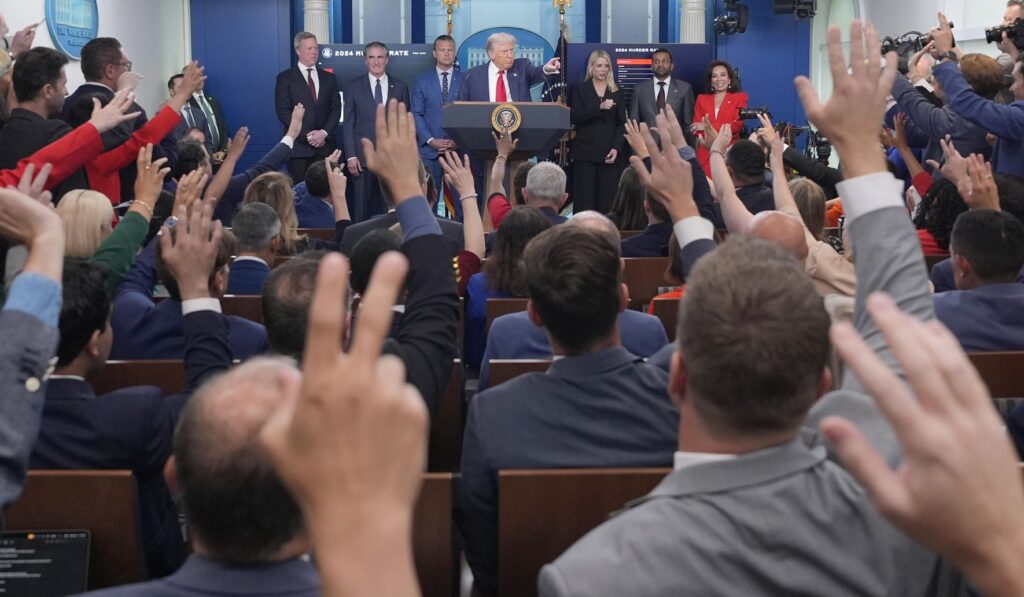A federal judge on Tuesday spanked the White House for its decision to cancel sign language interpretation of presidential events, saying the law appears to require it. The ruling highlights government obligations to ensure access for people who are deaf or hard of hearing. The judge’s blunt language raised fresh questions about the administration’s respect for equal treatment under the law.
The judge’s criticism came after the White House stopped providing sign language interpreters at certain presidential events, a move that left the deaf community and advocates alarmed. The action did not go unnoticed, and the court signaled that accessibility is not optional when statutes and precedent point in a clear direction. From a conservative perspective, this is about enforcing the law consistently and holding officials accountable when they cut corners.
Accessibility is not a political perk; it is a legal and moral obligation that government offices must meet when they communicate publicly. The judge’s comment that “the law appears to require it” reflects a straightforward reading: if statutes and regulations demand reasonable accommodations, the executive branch must follow them. Republicans often argue that the rule of law matters most when it limits government overreach and protects individual rights, and that principle applies here.
This ruling also touches on transparency. When the White House cancels a long-standing service like sign language interpretation, the public deserves a clear explanation that stands up to legal scrutiny. Vague or unilateral decisions that reduce access look like an abdication of responsibility, and they invite judicial correction. Courts stepping in to enforce statutory obligations preserves orderly governance and prevents arbitrary changes that erode trust.
There are practical consequences beyond the courtroom: people miss important public information when they are excluded from live briefings and speeches. That exclusion undermines civic participation and trust in government messaging for a whole class of citizens. Ensuring interpreters are present at public events is a simple, concrete way to keep government accountable to every American, and the judge’s rebuke underscores that point.
The White House will now face choices about how to comply and whether to appeal, but the core issue is not strategy—it’s responsibility. A Republican view emphasizes that leaders must follow the law and make institutions work for everyone, not shrink services without lawful justification. If the administration believes the law does not require interpretation, it should lay out that argument in court rather than quietly discontinuing access.
Beyond legal technicalities, this moment is a reminder that leadership carries duties that go beyond policy preferences. Accessible communication at presidential events affects real people who deserve equal treatment under the law, and judges are rightly wary of unilateral rollbacks that leave vulnerable groups behind. The court’s sharp words to the White House are a practical enforcement of that important principle.



